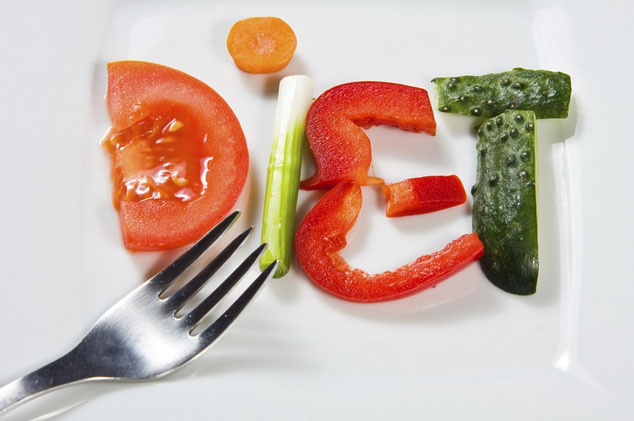 Does saturated fat really ruin your health? Not really. Modern medical advice to avoid it is just plain wrong. Curious? Read on.
Does saturated fat really ruin your health? Not really. Modern medical advice to avoid it is just plain wrong. Curious? Read on.
Wrong-Headedness About Saturated Fat
Fast forward to the present. The supposedly heart-healthy diet to reduce consumption of saturated fat and cholesterol, first foisted on the American public in the 1950s, has been a huge failure. It represents the epitome of dark science, driven by overzealous researchers, big egos, scientific bias, and impulsive institutional consensus. Oh, and money. Following the money explains a lot.
What a pleasant surprise it was to see a review of Nina Teicholz’s new book, The Big Fat Surprise: Why Butter, Meat and Cheese Belong in a Healthy Diet, reviewed here in the Wall Street Journal. This book is the culmination of a nine year research project by the author. It was not surprising, however, to see what she discovered. Indeed, it follows the same path of another research tome, Good Calories, Bad Calories: Fats, Carbs, and the Controversial Science of Diet and Health, by Gary Taubes.
The bottom line in both books is this:
The low-fat nutrition advice of the past sixty years has amounted to a vast uncontrolled experiment on the entire population, with disastrous consequences for our health.
If you are still worried about eating meat, cheese, and eggs because of what your doctor told you, then it is time to get a more well-informed doctor.
Low-fat foods abound in grocery stores. Avoid them like the plague, unless you want to support the low-fat food industry. That would be very kind of you.
Dietary cholesterol has almost no impact on your own cholesterol levels. Labeling any food as cholesterol-free or low in cholesterol is meaningless.
Even worrying about your cholesterol levels in the first place is useless. That misplaced concern only serves to drive the bottom line for companies that make cholesterol-lowering drugs. Artificially lowering your cholesterol does not make you healthier, does not prevent heart attacks, and does not extend your life span.
Are There Still Some Bad Fats?
Yes, of course. Almost anything made or modified by chemists is probably bad for you. Olestra comes to mind, although it has had a minor impact on the population as a whole. Maybe side effects such as gas, bloating, diarrhea, and anal leakage have something to with that.
Partially hydrogenated vegetable oils play a more prominent role as bad fats. They first appeared in margarine as a recommended substitute for all that evil butter we used to eat. Then they showed up in all kinds of foods, from breads and other baked goods to processed meats and snack foods. Artificial trans fats in partially hydrogenated vegetable oils probably do more damage to the function of cell membranes than almost anything else you can eat.
By the way, not all trans fats are bad for you – just the ones made by hydrogenation of vegetable oils. (Remember, this is done by chemists.) In fact, certain trans fats are natural components of CLA (conjugated linoleic acids). They normally occur in turkey fat and grass-fed beef fat and are of great benefit to your health.
One more thing. Most of the common vegetable oils have high levels of omega-6 fatty acids. These are important for your metabolism. However, when consumed in overabundance, they are highly inflammatory. Rather than eliminate them, your best bet is to balance them with omega-3 fatty acids, in a ratio of no more than about 2:1. The typical American diet is about 20:1, which is way too much of the omega-6s.
Now for the Really Good News
Books by Nina Teicholz, Gary Taubes, and other investigative journalists have clearly opened the door to the benefits of eating more fat, including saturated fat. You can now feel free to ignore all that dogmatic pap about low-fat foods that continually issues from the mouths of Dr. Oz and his ilk.
That is nice to know all by itself. However, the really good news is that fat is the most flavorful of the food groups. Most of the truly tasty components of foods are dissolved in fat. Eat up and enjoy! Bacon and eggs are a wonderful way to start the day.
Every day.
No worries.
All the best in natural health,

Statements on this page have not been evaluated by the Food and Drug Administration. Information here is not is not intended to diagnose, treat, cure, or prevent any disease.
I may receive a commission for purchases made through those links.
This doesn’t change the cost to you.
I never ever trusted margarine
Good thinking, Julie.